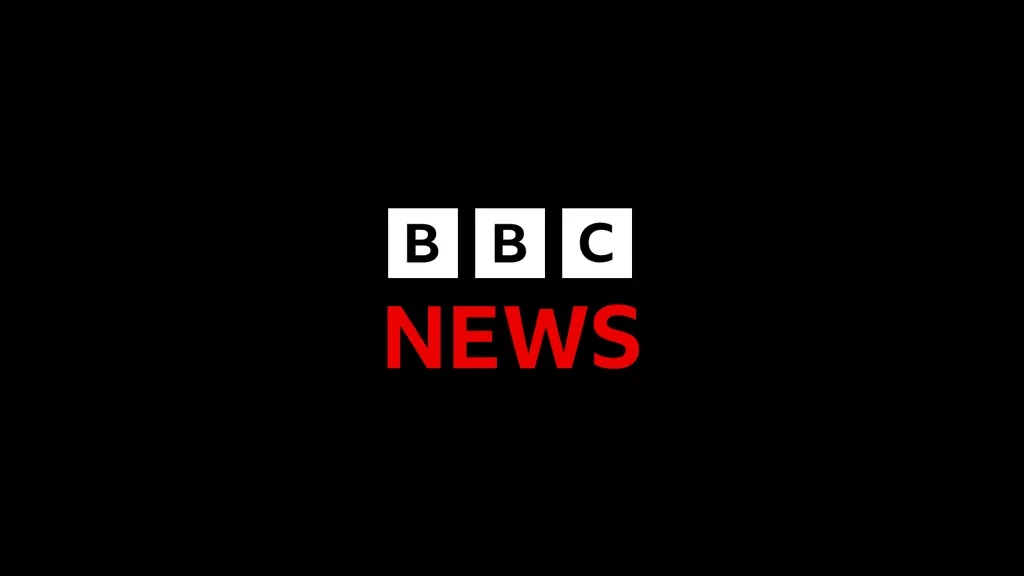In a pivotal moment for press freedom and the fate of WikiLeaks founder Julian Assange, the court is currently considering his last-ditch bid to fight extradition to the United States. The legal battle, closely monitored globally, holds significant implications for the future of journalism and the protection of whistleblowers.
The Last Extradition Hearing:
Julian Assange's final extradition hearing has attracted widespread attention as it unfolds in the UK courts. The proceedings have been closely followed by media outlets, activists, and legal experts worldwide. The hearing is deemed as one of the most crucial press freedom cases, emphasizing the broader implications on the right to publish sensitive information in the public interest.
Also Read:- Remembering Andreas Brehme: German Football Legend Passes Away at 63
- Unveiling the Intriguing Saga: Coco Chanel, Christian Dior, and the Nazi Drama
The Appeal for Press Freedom:
Assange's legal team argues that his extradition to the United States would set a dangerous precedent, compromising press freedom and chilling investigative journalism. Supporters of Assange contend that the charges against him relate to the publication of classified information, raising concerns about the potential impact on whistleblowers and journalists who expose government misconduct.
No Plea Deal in Sight:
As the extradition hearing progresses, the absence of a plea deal adds complexity to Assange's legal predicament. The lack of an agreement between the parties involved intensifies speculation about the potential outcomes of the case and whether Assange will be extradited to face espionage charges in the United States.
Global Reactions and Advocacy:
International reactions to Assange's legal battle have been varied. Advocacy groups and human rights organizations have underscored the significance of protecting journalistic freedoms, while others argue that Assange should be held accountable for his actions. The case prompts discussions on the delicate balance between national security concerns and the public's right to information.
The Media Landscape Post-Assange:
A potential extradition of Julian Assange could reshape the media landscape, influencing how journalists approach and publish sensitive information. The case raises questions about the limits of press freedom and the role of governments in regulating the dissemination of classified materials.
As the court deliberates on Julian Assange's extradition appeal, the world watches closely, recognizing the case's far-reaching implications for press freedom. The outcome will undoubtedly shape the future of investigative journalism, whistleblowing, and the delicate balance between national security and the public's right to know.
Keywords: Julian Assange, extradition, press freedom, WikiLeaks, espionage charges, legal battle, whistleblowers, investigative journalism, media landscape.
Read More:- Melbourne Demons AFL Player Joel Smith Faces Drug Trafficking Allegations
- Anthony Rendon's Perspective on Baseball and 2024 Goals
Thanks for Visiting Us – FixyaNet.com





0 تعليقات